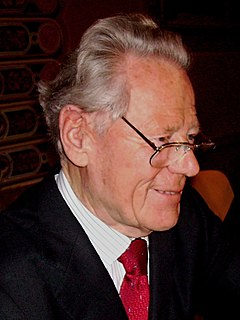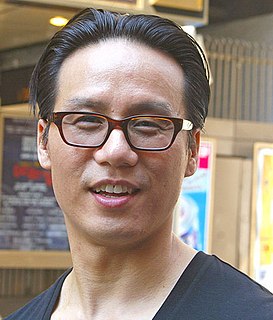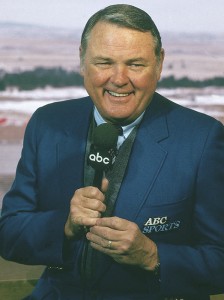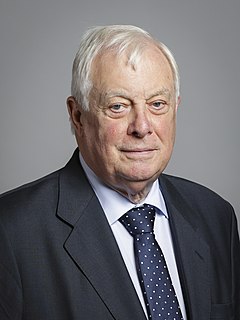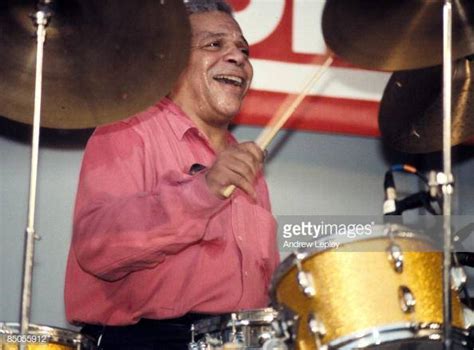A Quote by Hans Kung
Second, we also got a more authentic liturgy of the people of God, in the vernacular language.
Related Quotes
I believe there is no liturgy in the world, either in ancient or modern language, which breathes more of a solid, scriptural, rational piety, than the Common Prayer of the Church of England. And though the main of it was compiled considerably more than two hundred years ago, yet is the language of it, not only pure, but strong and elegant in the highest degree.
The God of the Hebrews is a God that human language, we're not even supposed to speak the holy name. We were told in the Second Commandment we could make no images of this God, and I don't think that means just building idols, I think that means also trying to believe you've captured God in your words, in the Creeds, in the Scriptures.
In your relationship with God there are also times when you want to say things and you're trying to find the words to express them. In a human relationship sometimes you struggle for words and you've got to do it, but in a relationship with God he can actually give you a language which enables you to communicate. In a relationship with God you feel things and you want to express them and you're not limited by human language. You can express what you really feel in your heart, through a language that he gives you, and that helps you to communicate with God.
